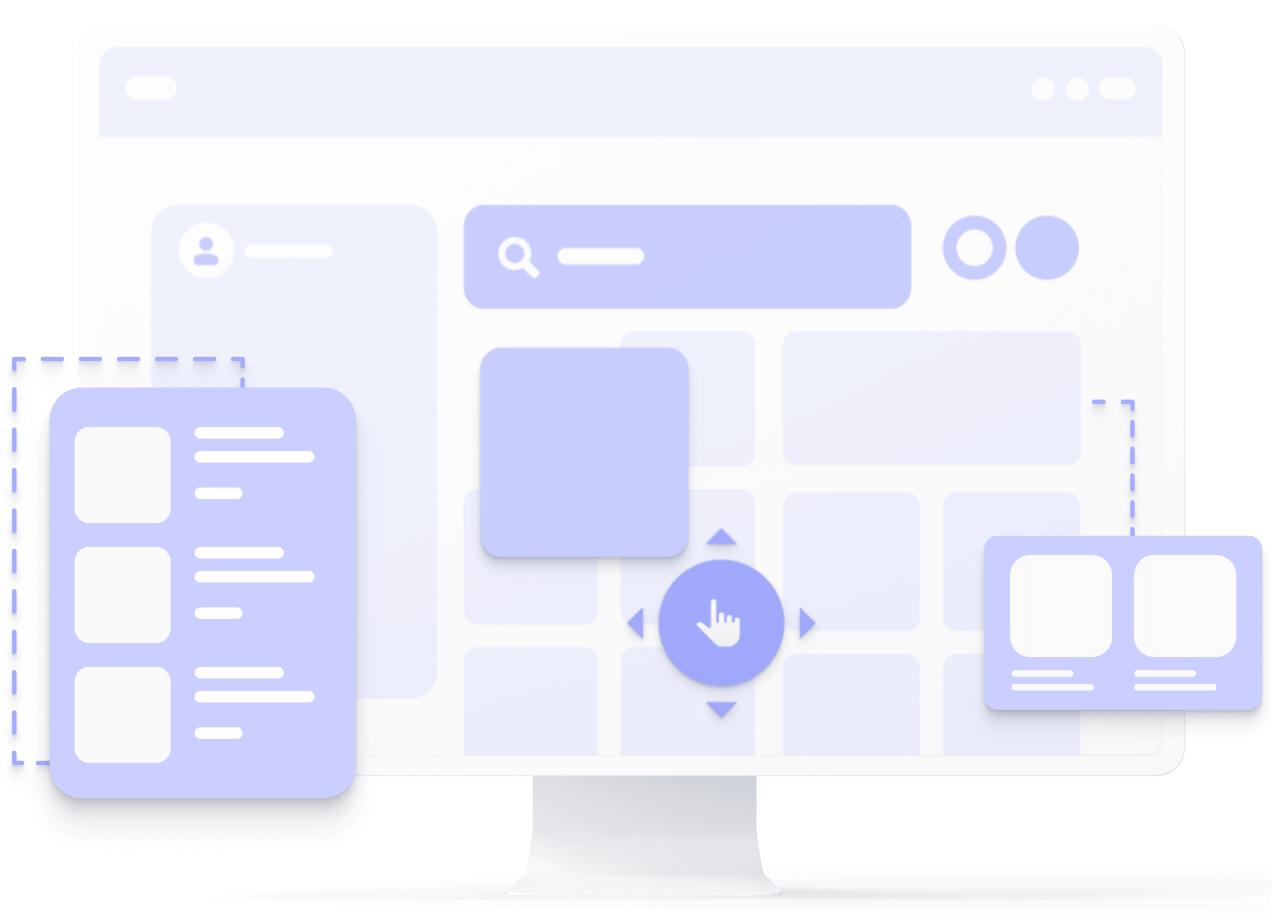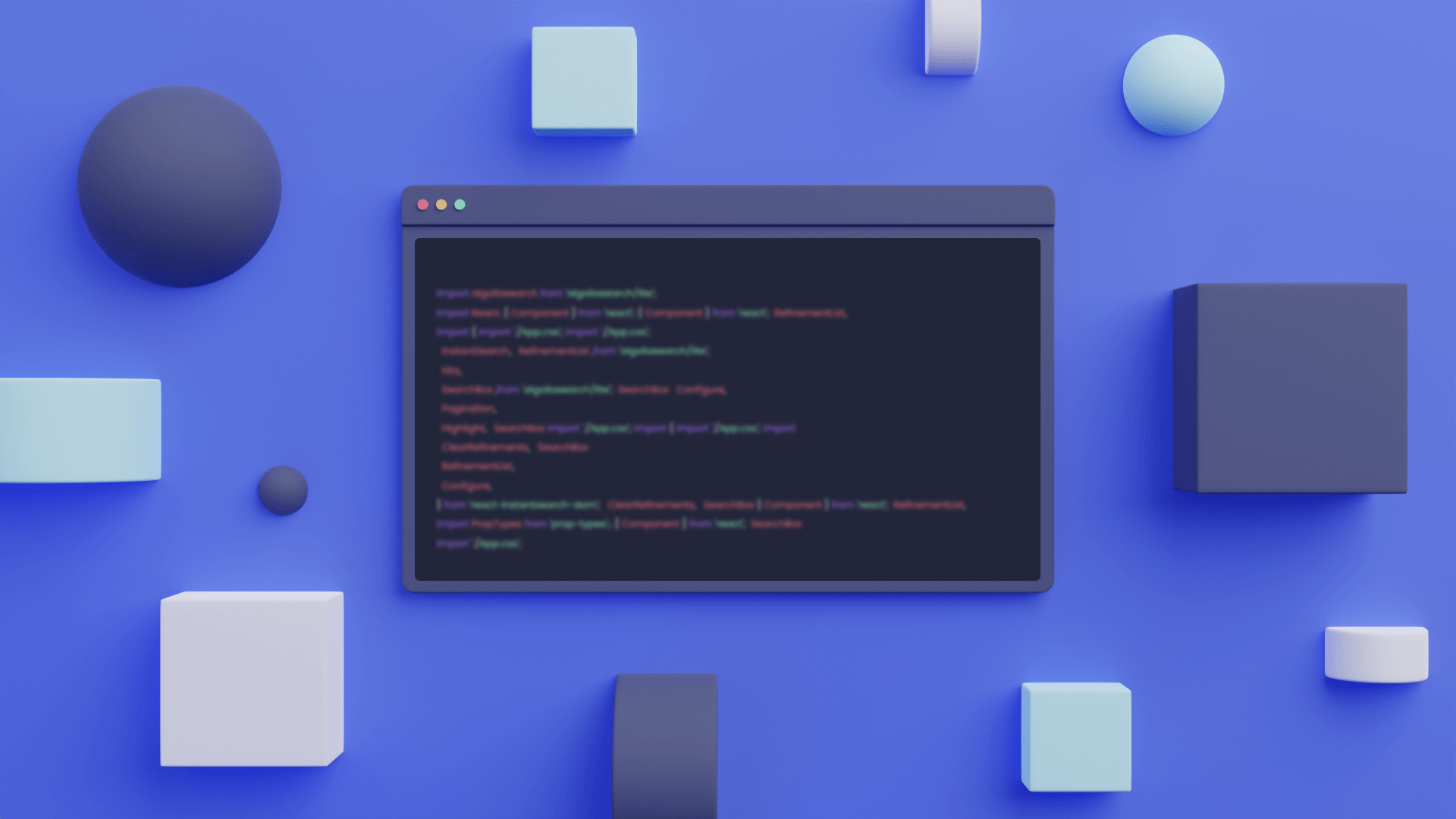What is Algolia
Algolia empowers modern developers to build world class search and discovery experiences without any DevOps.
Libraries with every major language and framework make it easy to enrich your users' experiences.

Algolia empowers modern developers to build world class search and discovery experiences without any DevOps.
Libraries with every major language and framework make it easy to enrich your users' experiences.

Utilize the Algolia open-source Java API client to index your data, configure your search, add analytics and much more.
Algolia is an API-First Search and Discovery platform that empowers builders to compose experiences at scale. Explore Algolia.
Gives API access to all Algolia functionality, settings, advanced features, and ML/AI products
Minimal dependency set
Conflict and conflict-free packages (über-jars and standard jars)
Maven, Gradle, jars publicly available
POJO, JSON, Jackson2
Background retry strategy to ensure uptime
Seamless batching via iterators to optimize number of network calls
Zero downtime reindexing feature
Asynchronous and synchronous methods to interact with Algolia's API
Injectable HTTP client
Supports Java from 1.8 to 12
<! Algolia library with Apache HTTP requester (compatible with Java 8 and above) > // Sync versionSearchIndex<Contact> index = client.initIndex("contacts", Contact.class);Typeahead dropdown playground built with the Algolia Autocomplete library

Algolia, François Chalifour
This app shows you how to search across all your organization's content sources - Salesforce, Google Drive, Atlassian etc.

Algolia Labs, Clément Denoix